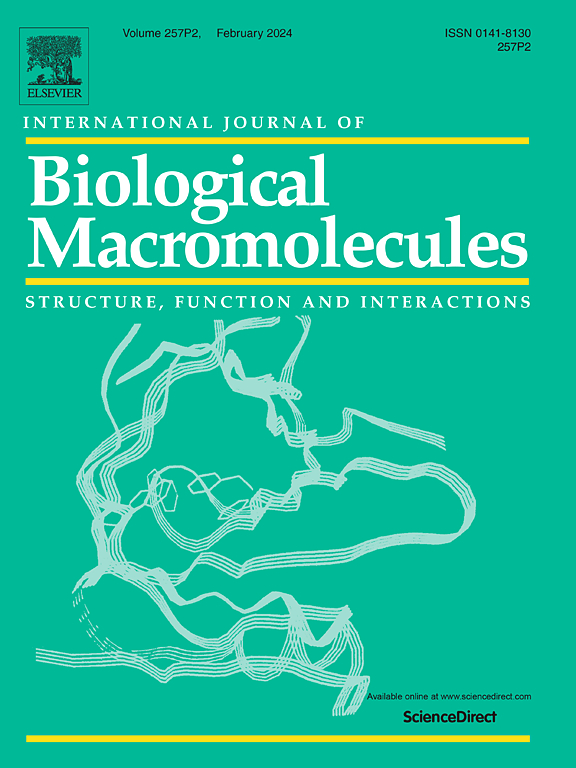CYP6B6 mediated adaptation to capsaicinoids in the generalist Helicoverpa armigera and specialist H. assulta: Transcriptional response and metabolic detoxification
Abstract
Capsaicin and dihydrocapsaicin are the principal pungent compounds in hot peppers. The generalist Helicoverpa armigera and the specialist H. assulta are two of the few insects that can feed on hot pepper fruits. To further understand the mechanisms behind physiological adaptation to capsaicinoids in the two agricultural pests, we investigated the transcriptional response and metabolism capacity of CYP6B6 orthologs from the two closely related species to the capsaicinoids. The results showed that the expression of CYP6B6 was either weakly or moderately induced by capsaicin in a tissue-specific and dose-dependent manner. CYP6B6 induction to greater extent was observed in the larval midguts of the cotton bollworms, indicating that inducible defense is more robust in the generalist. The two CYP6B6 enzymes were able to efficiently metabolize both capsaicin and dihydrocapsaicin, and HassCYP6B6 exhibit a slightly higher activity towards capsaicin than HarmCYP6B6, as evaluated by the specific activity and Vmax values. Multiple known and yet to be elucidated metabolites were detected in the reactions catalyzed by CYP6B6s, with dehydrogenation at the terminal carbon followed by N-macrocyclization and aliphatic hydroxylation being the dominant pathways. The data support the hypothesis that these two Helicoverpa species have well adapted to capsaicinoids via their high P450-mediated detoxification ability.





